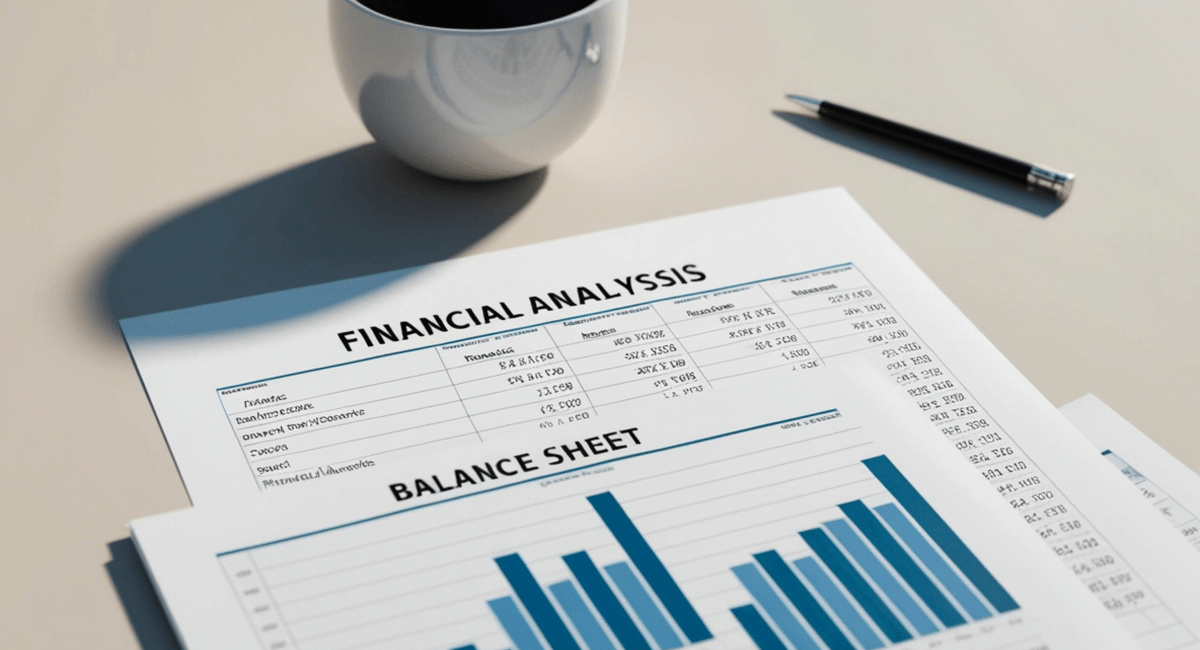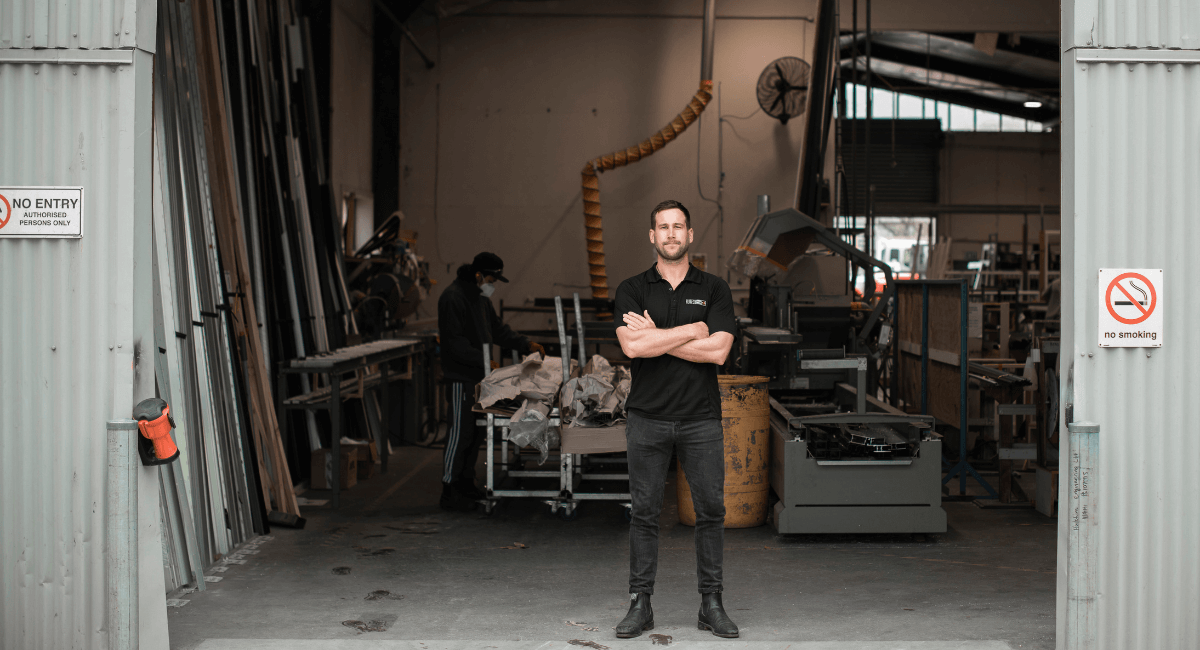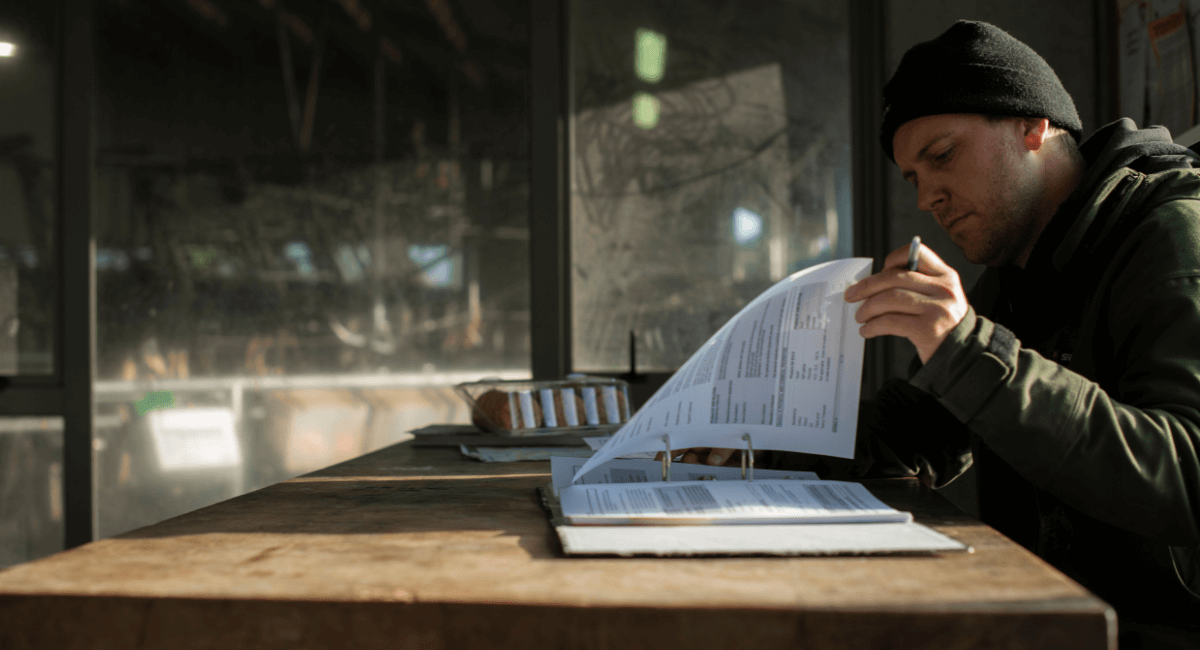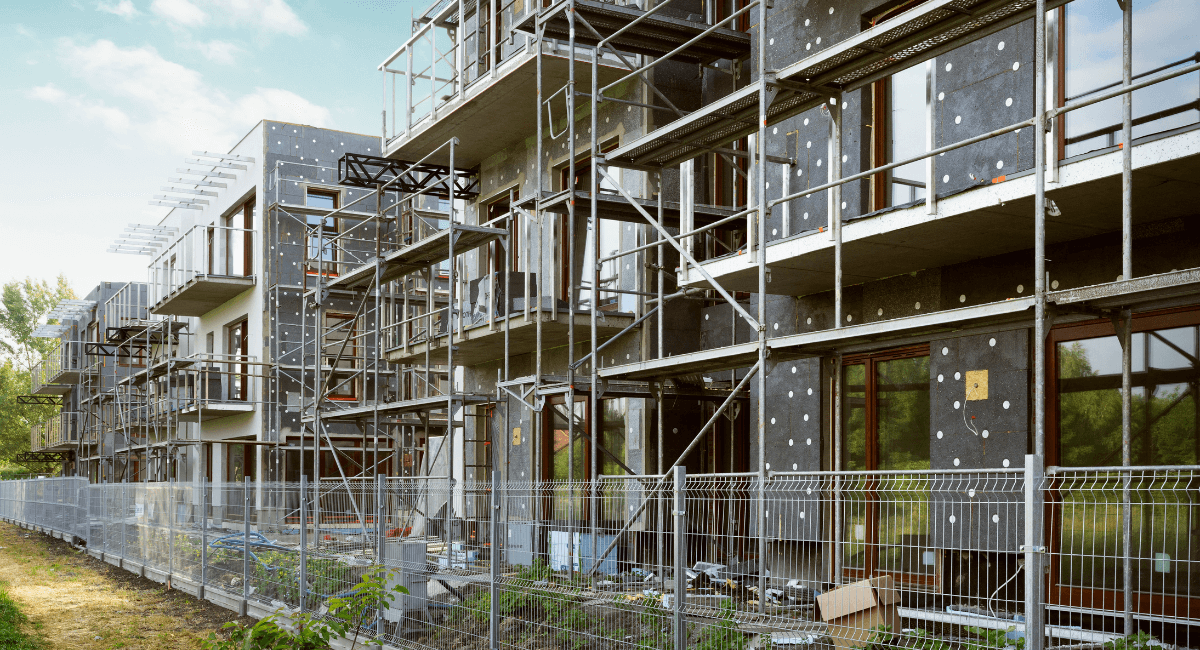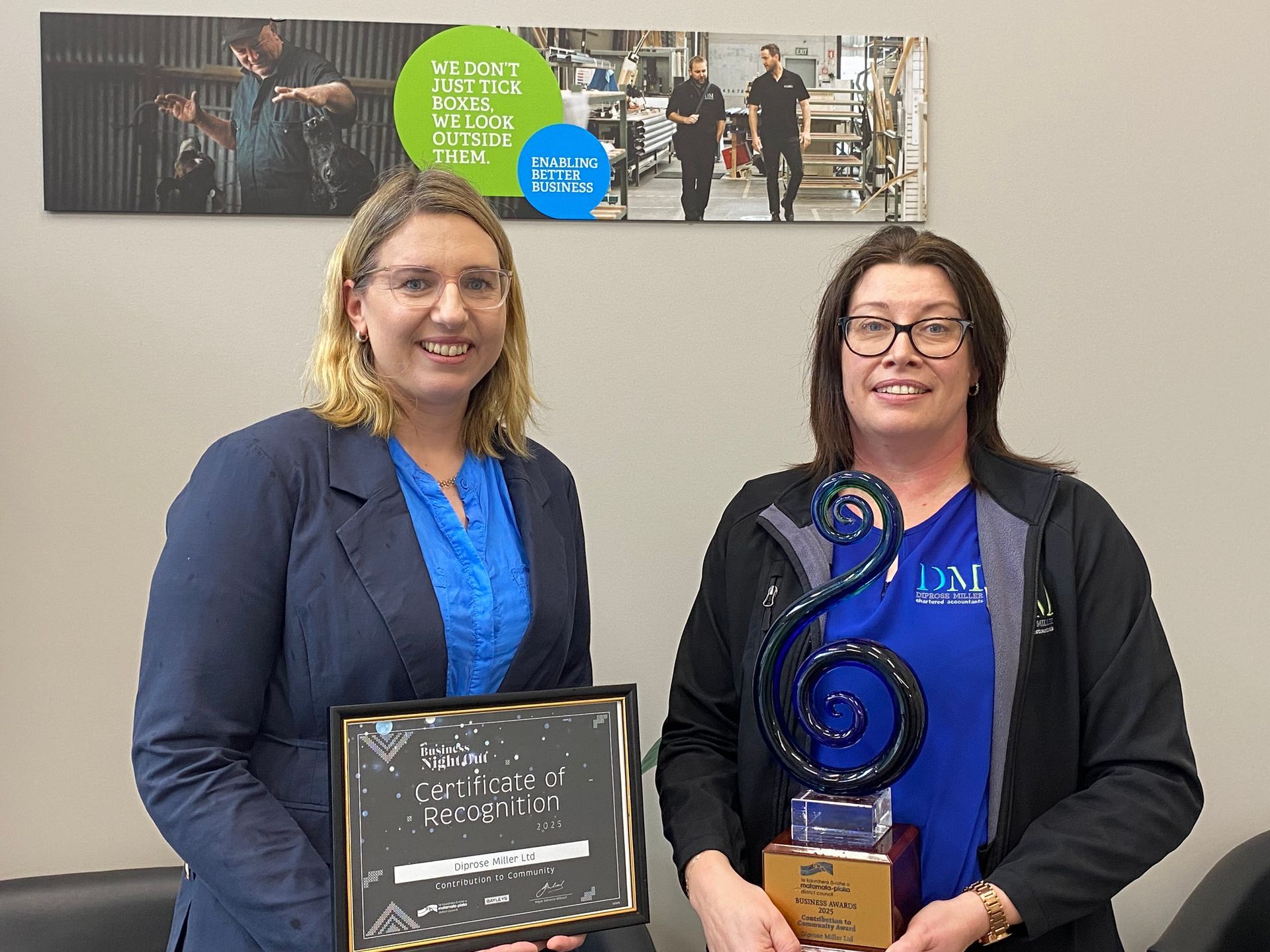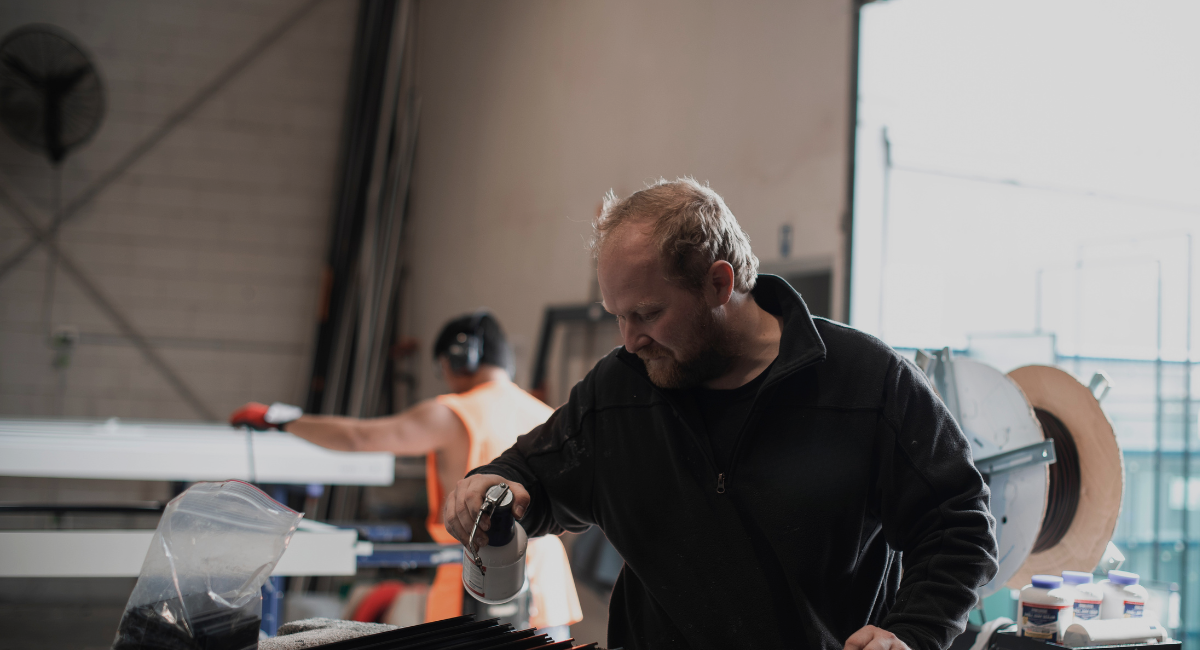Before breaking ground, every property development needs one thing: a solid feasibility check.
In property development, success starts long before the ground is broken. Profitability is often determined in the early planning stages - and that’s where feasibility comes in. A thorough feasibility study gives developers the clarity to decide whether a project stacks up financially, strategically, and practically. Done well, it can mean the difference between a development that delivers strong returns and one that struggles from day one.
Step One: Define the Project Clearly
Before running numbers, you need a clear picture of what you’re building. Is it residential, commercial, or mixed-use? What scale, what timeframe, and who is the target market? Getting these fundamentals right ensures your feasibility exercise is anchored to reality, not assumptions.
Step Two: Crunch the Numbers
The financial modelling is the backbone of any feasibility:
- Acquisition costs: land purchase and due diligence fees.
- Development costs: construction, consultants, infrastructure contributions.
- Financing costs: interest, bridging, or alternative lending.
- Holding costs: rates, insurance, compliance.
- Revenue projections: realistic sales or rental income.
It’s also wise to run a sensitivity analysis. How do the margins look if building costs rise by 10%? Or if sale prices soften? These scenarios show just how robust your project is.
Step Three: Regulatory and Compliance Checks
Even the best concepts can unravel without a close look at council and compliance requirements. Zoning, resource consents, building consents, environmental obligations, and infrastructure levies can all affect costs and timelines. Early checks prevent nasty surprises that might require redesigns or stall projects.
Step Four: Risk Assessment and Mitigation
Markets change. Interest rates move. Supply chains falter. A good feasibility looks at risks from every angle:
- Market risks: buyer demand, lending conditions.
- Project risks: delays, overruns, materials.
- Financial risks: lender appetite, regulatory shifts.
Thinking ahead about “what if” scenarios helps developers prepare for bumps in the road rather than be blindsided.
Step Five: Get Independent Advice
Many developers are optimistic by nature - which can sometimes mean blind spots in feasibility work. That’s where independent advisors come in. Accountants, valuers, surveyors and lawyers bring objectivity and ensure assumptions are realistic, funding is structured, and risks are accounted for. An outside view often saves money and headaches down the line.
Setting Your Project Up for Success
Property development can be rewarding, but only when built on a solid foundation. A comprehensive feasibility isn’t a hurdle - it’s your best protection against risk and your clearest path to confidence.
Thinking about your next project? Our team can help you assess feasibility independently and objectively, so you know whether to proceed, pivot, or walk away.
